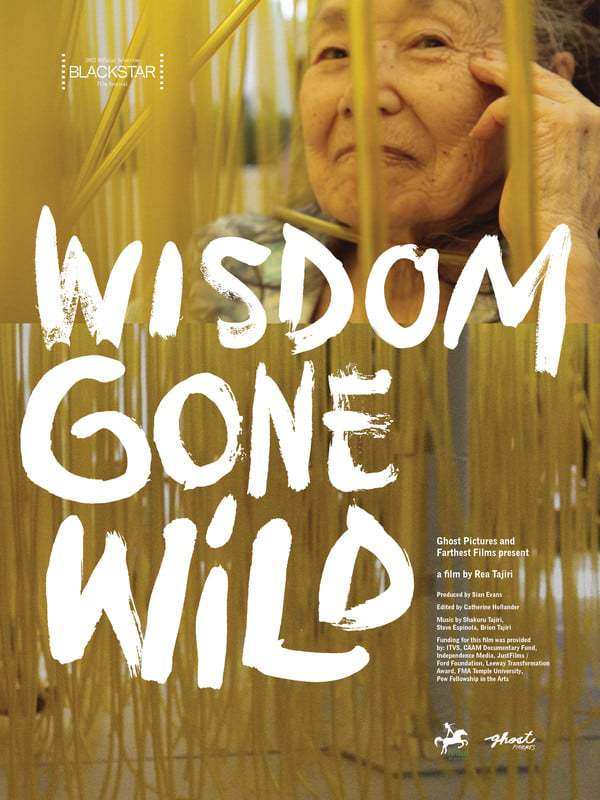Wind chimes brush against one another softly, their delicate notes mingling with the gentle hum of a woman lost in an aimless tune, as if chasing a distant melody. The screen before me reads, “We are continuously dying and being reborn.”
Confronting the Wilds
Through 16 years of intimate footage, filmmaker Rea Tajiri chronicles the profound caregiving journey of her mother, Rose, as she grapples with the shadowy grip of dementia. Tajiri’s exploration becomes a window into the fragments of her mother’s identity, transforming home videos into inquisitive archives. These glimpses of memories provoke deep introspection, forcing us to question our understanding of those closest to us. How well do we truly know our loved ones?
Tajiri digs into the murky tapestry of her family history, uncovering their lives as humble strawberry farmers who wandered transiently across California’s farmlands. From the family’s discarded and newly designated names, a story of struggle and resilience emerges — a story that evolves from the challenges of assimilation in America to the endurance within the confines of incarceration camps, a dark chapter in American history.
Wind chimes continue to rustle softly, and a haunting cry emerges from Rose, her voice piercingly calling out, “Akiko!”
Akiko is Rose’s real name; Rose is regressing to her original being. As the Tajiri family desperately reaches out for Rose, she reaches back for Akiko — a woman who, in a sense, no longer exists. Interwoven with dream-like sequences, the careful implementation of chimes and natural sounds places us in the frame of mind to contemplate Rose, or Akiko, and the reality she inhabits. We can only interpret or assume the nature of her experience. What defines reality, and how can we share our realities with someone seemingly existing in another time and place?
“The film is about aging and who we are at different stages and moments across the span of a lifetime. Dealing with a parent who…
Read the full article here





